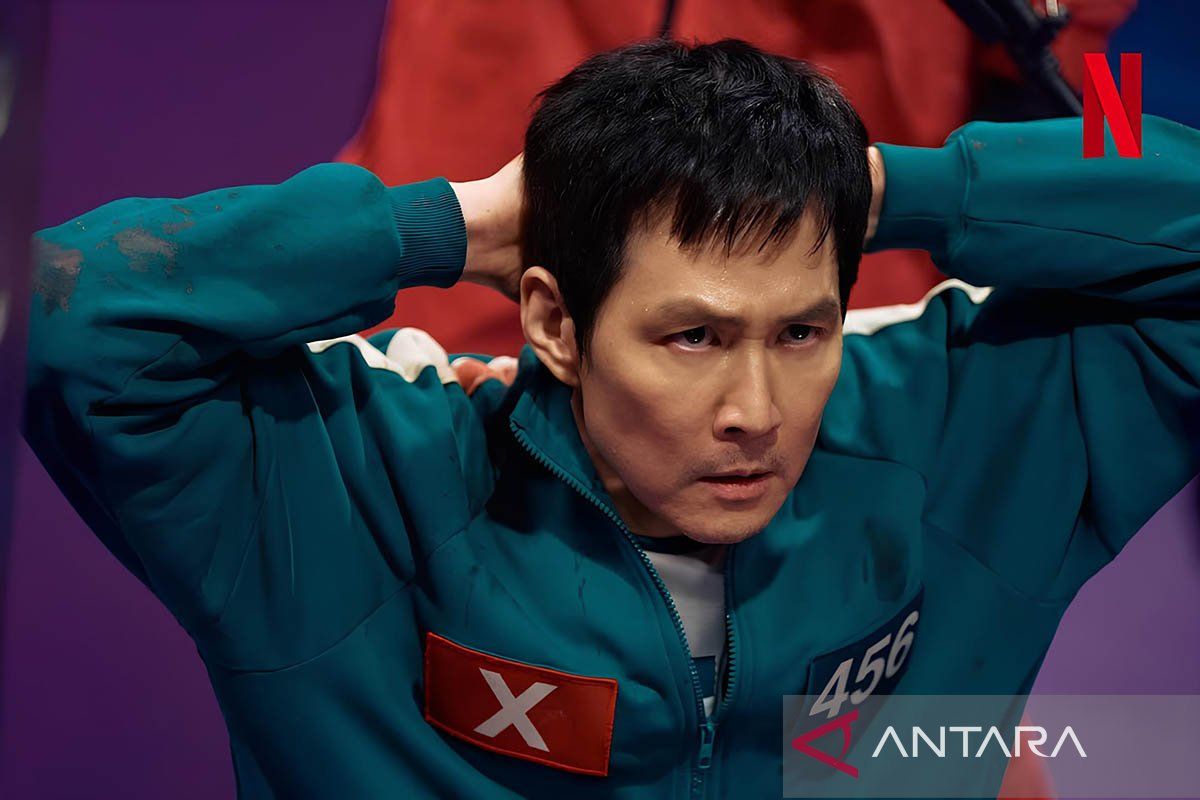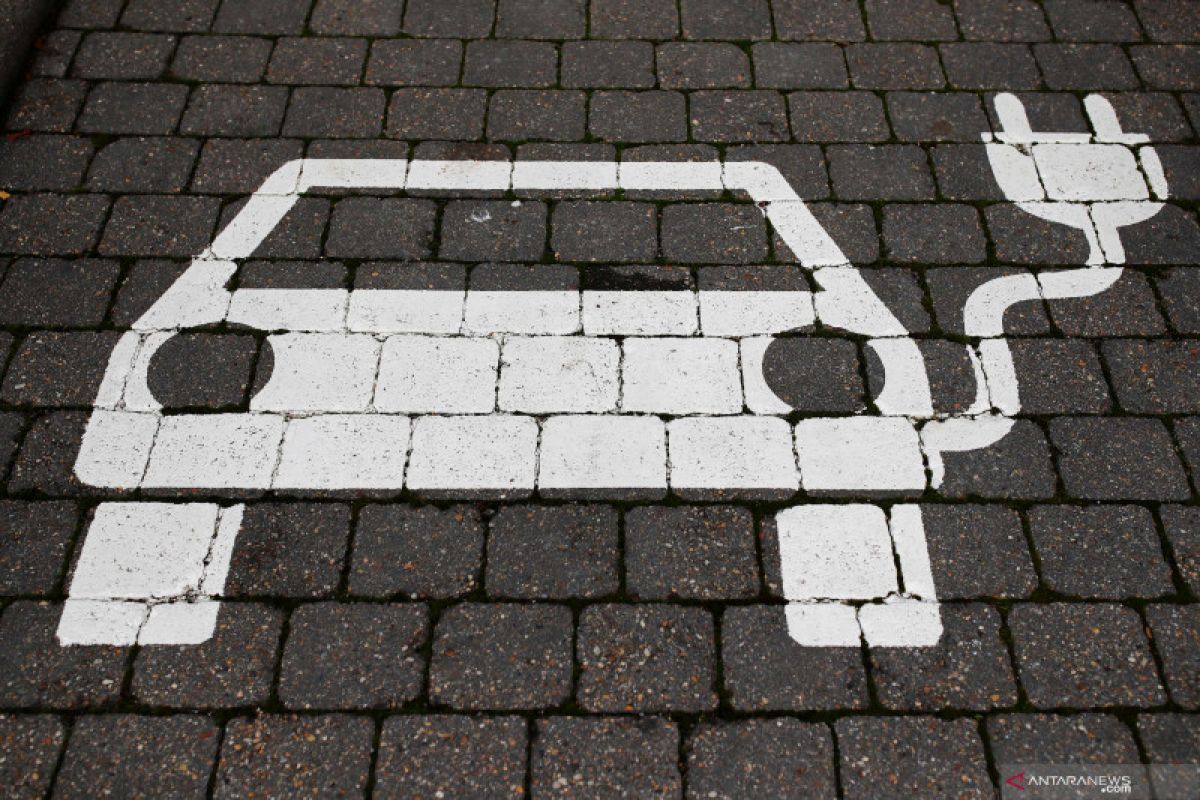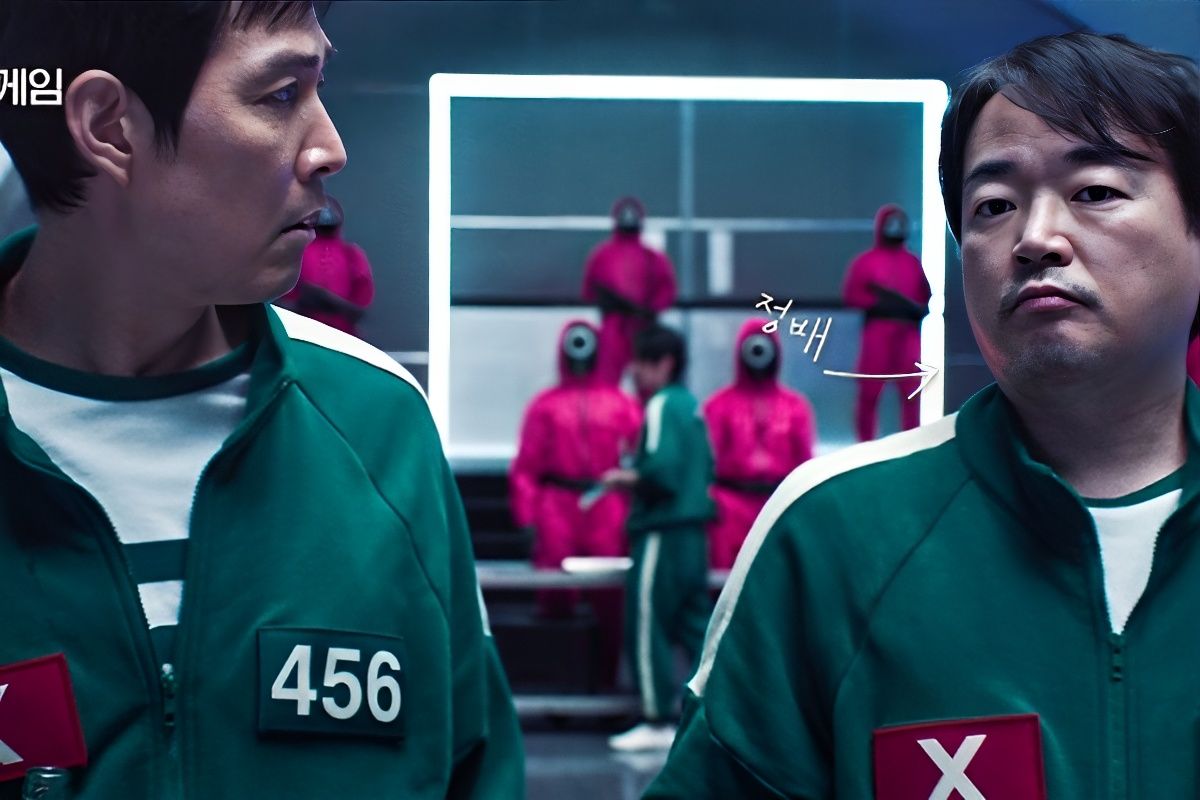TEMPO.CO, Jakarta - University Gadjah Mada (UGM) historian Agus Suwignyo stated that Soeharto indeed meets the criteria and requirements to be named a national hero. However, the public cannot ignore the historical facts and controversies surrounding President Soeharto in the 1965 era.
"In terms of the criteria and requirements to be a national hero, Soeharto's name does meet those criteria. However, we cannot ignore the historical facts and controversies of 1965," said Agus on Thursday, April 17, 2025, as quoted from the Ugm.ac.id page.
Prior to this, the Ministry of Social Affairs will continue to process the proposal to confer the title of national hero on the 2nd President of Indonesia, Soeharto. Minister of Social Affairs Saifullah Yusuf stated that his ministry will work based on normative mechanisms, as long as no rules are violated.
"The Ministry of Social Affairs remains normative. If nothing is violated, we must process the proposal and submit it to the Council of Honor," said Minister of Social Affairs Saifullah Yusuf, or familiarly known as Gus Ipul to Tempo on Wednesday, April 16, 2025.
UGM historian Agus Suwignyo stated that based on Minister of Social Affairs Regulation Number 15 of 2012 concerning the Proposal for the Conferment of the Title of National Hero, a person who is nominated for the title must fulfill several general and specific requirements. Several conditions that must be fulfilled include making a real contribution as a leader or fighter, and never betraying the nation.
Agus mentioned that Soeharto is recognized for his significant role in fighting for independence. Throughout his military career, Soeharto once participated in the General Offensive on March 1, 1949, which successfully liberated Yogyakarta from colonial rule.
Then in 1962, Soeharto rose to become the Commander of the Mandala Command in the operation to liberate West Irian. Agus said that Soeharto's important role in various military movements proved his strong influence on the country's independence.
"The historical perspective on Soeharto cannot be black and white. As a national hero, we cannot ignore historical facts. But we also cannot ignore his contribution to independence," said Agus.
Agus admitted that there is no issue with Soeharto's contribution to independence. However, he mentioned that appointing Soeharto as a national hero will raise critical viewpoints, questioning how someone who was once a leader in human rights violations and repression of press freedom can be given the title of hero.
Agus suggested the need for specialization and categorization if Soeharto is to be given the title of national hero. "Recording history must consider the context. So, for example, if there is a category of national heroes in a certain field, the title can be given but within a specific context and notes," he said.
Agus revealed the possibility that a figure in the movement also has a dark record during their lifetime, which has an impact to this day. If the title is given with a specific context or period, recognition of their contribution can be done without ignoring other historical facts. Agus stated that writing and acknowledging history must take into account perspectives and contexts that will affect the public's judgment in the present and future towards national history.
Similar cases have also occurred with Syafruddin Prawiranegara, a figure considered extreme when opposing the centralization of power in the early days of independence. Agus mentioned that his role in the Revolutionary Government of the Republic of Indonesia (PRRI) in 1958 led to being labeled a traitor, even though Syafruddin was an important figure when the emergency government was formed.
"Moreover, we have not given recognition to various figures in the fields of art, technology, and knowledge. I think there needs to be a study regarding national heroes outside the military background," said Agus.
Rejecting Soeharto as a National Hero Movement
Civil Society Movement for Justice Soeharto or Gemas initiated a petition to reject the conferment of the title of national hero to Soeharto on April 8, 2025.
Secretary-General of the Indonesian Association of Families of the Disappeared or IKOHI, Zaenal Muttaqien, stated that this petition was made because former President Soeharto is not worthy of being honored as a national hero.
"The proposal to confer the title of hero to Soeharto has repeatedly surfaced every year. So we, along with non-government organizations, human rights defenders, legal aid institutions, and others always create petitions to reject it," said Secretary-General of IKOHI Zaenal Muttaqien when contacted by Tempo on Tuesday, April 15, 2025.
As of April 21, 2025 at 07.00 AM WIB, the petition entitled "Reject the Title of National Hero for Soeharto!" has been signed by 3,870 people on the Change.org website.
"We consider the proposal as an attempt to erase history and whitewash the crimes committed by Soeharto," said Head of the Impunity Monitoring Division of KontraS, Jane Rosalina, to Tempo, on April 15, 2025.
Jane believes the proposal to confer the title of hero to Soeharto gained traction after the MPR (People's Consultative Assembly) revoked Soeharto's name from Article 4 of the MPR Resolution Number 9 of 1998 concerning the Clean and Free from Corruption, Collusion, and Nepotism State Apparatus in September 2024. The MPR revoked Soeharto's name specifically mentioned in Article 4.
Dinda Shabrina contributed to the writing of this article
Editor's Choice: Over 3,000 People Sign Petition Rejecting National Hero Title for Soeharto
Click here to get the latest news updates from Tempo on Google News














































